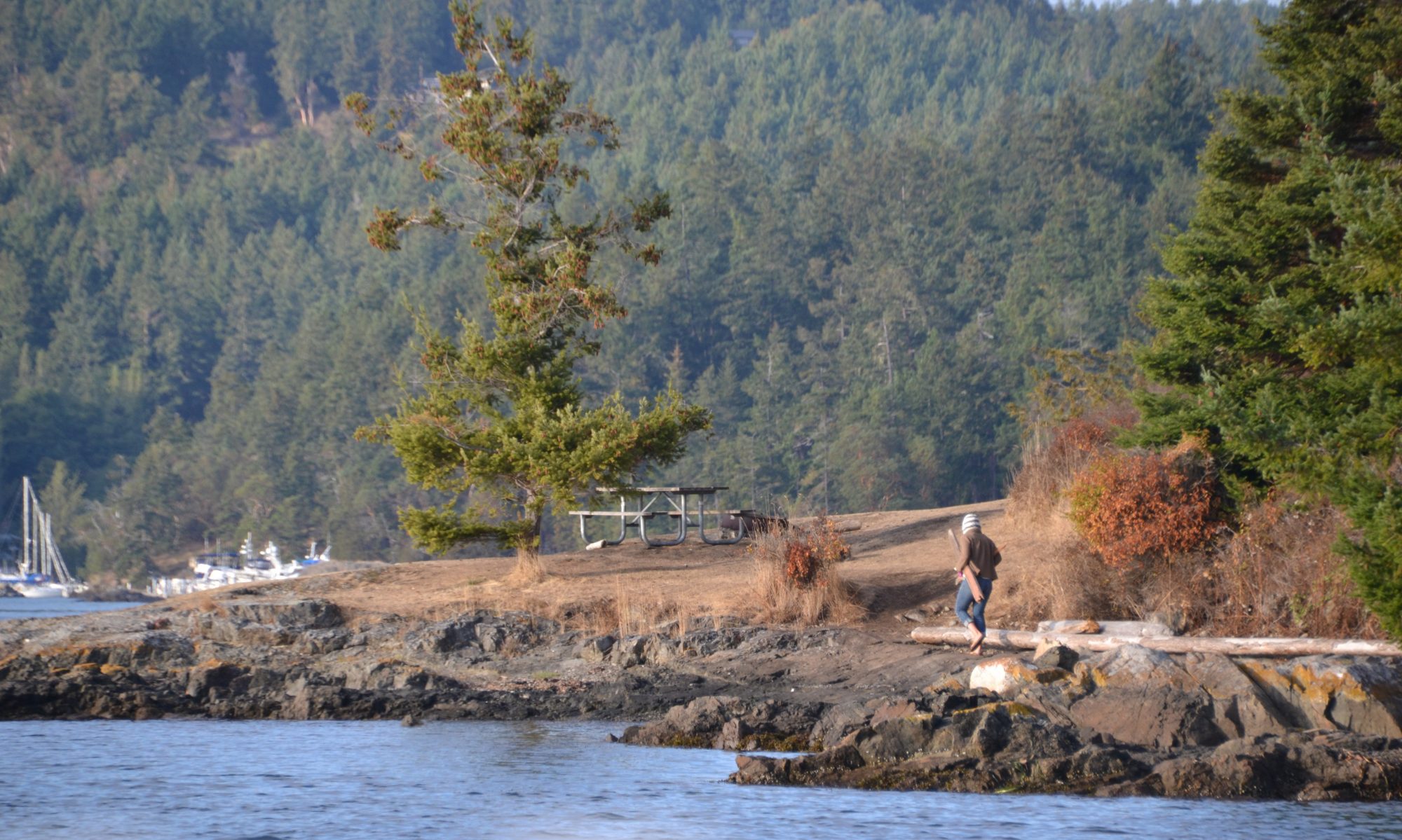I start my career as a sailor this summer of 2012. I will be gone for two months, then home for two months throughout the year. This means there will be lots of time when Alibot won’t have anyone to bother her, or leave messes around the house. Being as how we want a family sooner or later, we decided to move back to the Washington area to be closer to our families.
We also started chatting with a friend about permaculture. That conversation led is into something called intentional communities (IC).
For Alibot and I, intentional communities are a great idea.
- built in community. You live with or near people who share your common interests. Thinking of starting a weird project? Someone who you live with can probably start you on your way!
- animal sharing. One family would have a hard time eating an entire cow, or drinking milk every day. But, with a community to share in the benefits and labor, you can have the benefits without the full amount of daily work required.
- Access to more than you can afford. If you live in a place like this, you will probably get access to community resources like land, vehicles, wood shops, all kinds of stuff.
I got an email forward from this same friend who told me about a just starting place out in rural southern Washington. I spoke with that lady on the phone, real friendly, and she told me about Port Townsend Ecovillage. Alibot and I went there, loved it, and have put in a rental application. We’re going to spend a year or so doing research into different kinds of communities before we “buy in.”
There are many other eco villages. The clearinghouse for all of them is pretty much IC.org. You can browse by state (California, Washington). Keep a wary eye for those that say forming. It means it’s a group of people who intend to form a community but have yet to do so. Depending on where you want to get in, you can do what ever you want.
I feel the two main parts to consider when thinking about IC are the people, and the level of rural-ness. There are good and bad things about being in a city, near a city, or BFE. The people are the other most important part and are a deal breaker. You absolutely need to visit these places. Walk around, meet as many people as possible, see what kind of things you share in common.
The reasons I do not want to to the traditional thing is because I want more community than an American housing development. How well can you know your neighbors if you’ve all got your own little place? Your own little box, own washer/dryer, garage, tools trucks, etc. Some of it might be that you’re just a weird dude, and want all your own stuff. But I don’t think humans were meant to live this way. We to go work, we drive home, we buy stuff, we make babies who perpetuate those same things. There is a better way.
Some homework. The book with the unfortunate title of Building a Life Together. It has information geared mostly towards those starting an IC from scratch. It was very enlightening. There are chapters on all sorts of topics. It’s unassuming, easy to read, great layout. A must purchase for your research. After reading about all the stuff that goes into making an IC successful, I can tell you I really appreciate how far Port Townsend EV has come. The fact they have a small group of fantastic people there, got the city permits, and utilities ran out to each plot, is a huge and expensive accomplishment. So much work has already been done, so it’s a real plus for me.
Alibot also recommends Cohousing: A Contemporary Approach to Housing Ourselves. She told me there were lots of pictures, and illustrations. She found it inspiring and creative.
I enjoy listening to KEXP’s sustainability podcast when I’m in the car. I’ve discovered some cool stuff there. The interviewer, Diane Horne is pretty horrible, but the topics are good and the guests are almost without exception engaging and eloquent.
